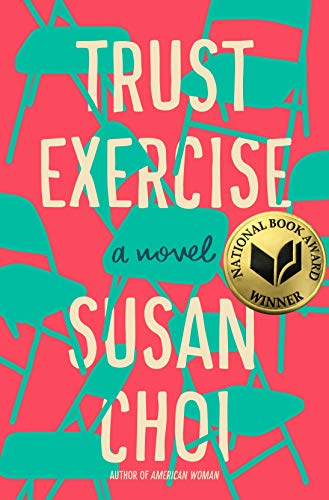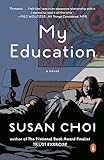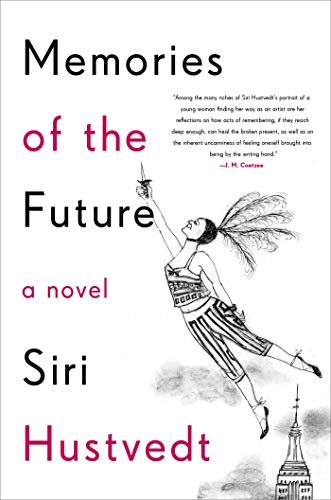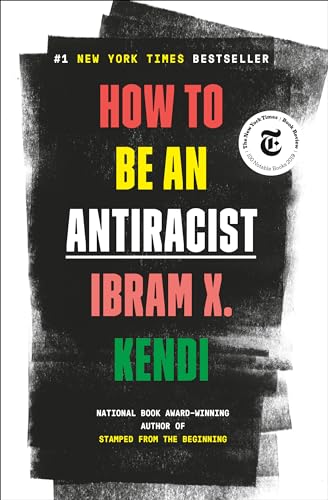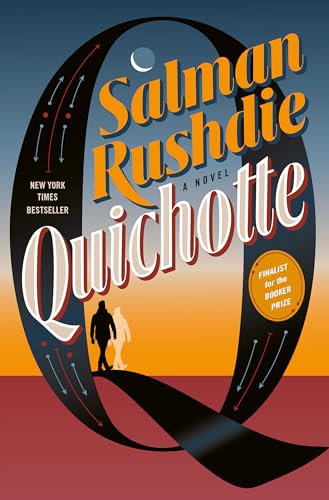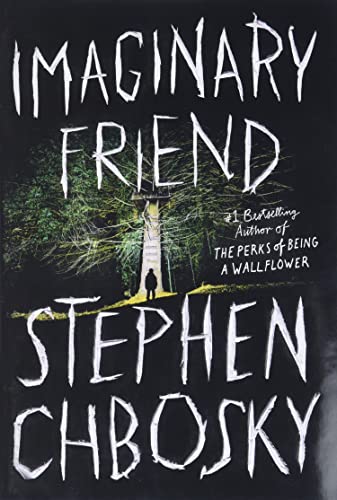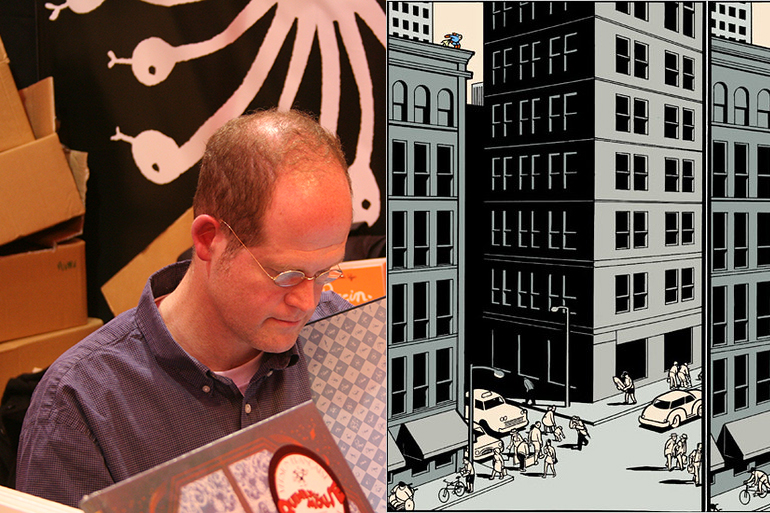“All fiction writers write out of their deepest, most intimate personal experiences, even if some of them try to deny it or disguise it,” Susan Choi tells me over coffee at the Ashland Place food court in Brooklyn, a loud yet somehow uncrowded space that she playfully refers to as “the mall.” Her writing space is just around the corner, but it hasn’t had heat for a while, thus the mall is providing a booming pop music soundtrack to our conversation. “I’ve never read a really good fiction writer who wasn’t writing from something they had felt personally, even if the story seems different from anything they have lived,” she says.
Choi’s fifth novel, Trust Exercise, examines the ways that writers choose to represent and distort their own stories. “Trust Exercise was my side project while I worked on my ‘real’ book, which I have yet to finish,” she confesses. “I’m a big believer in consistent engagement with a project, but a lot of interesting things happen when you step back. I kept disengaging and then something would bring me back, but my perspective would be altered in some unexpected way.”
The result is a wildly inventive novel that is told in three distinct parts, the second and third blowing up and reframing what came before. The first part is set in a suburban high school theater program in the 1980s, where two students, Sarah and David, fall in love under the watchful eye of their drama teacher, Mr. Kingsley, the kind of blowhard who insists that the proper way to spell the word theater in Middle America is theatre. When a group of British exchange students visit the school to stage a precocious production of Candide, the world becomes a little bit bigger for Sarah and David and their classmates. That’s all readers should know at the start.
“There are limited ways to talk about the plot,” Choi says. “I’m still figuring out what they are.”
To avoid wandering into spoiler territory, I ask about Choi’s own theater background. Much like the characters in her book, she attended a drama program—in a high school in Houston, where she grew up. “It was exotic for me, because I was supposed to be the smart kid,” she says. “My parents wanted me to attend a rigorous academic high school, and I rebelled and auditioned in a single mad flair of individuality and self-confidence. Then, horribly, I got in. I was so ill-suited for theater. Every time I had to go on stage I was mortified. So I became a techie, which is the happy refuge of every kid who loves theater but can’t stand being on stage.”
But Choi insists that her own experience was nothing like the one she depicts in the novel, using a modern-day TV metaphor to make her point. “I think of this book in terms of Stranger Things: this school is like the upside-down version of the school I attended, where, for the most part, I was really happy.”
I ask Choi whether she’s ever frustrated by the fact that many readers assume that a protagonist written by a female author is nothing but a stand-in for the author herself. “It’s something I became inured to with my last book [2013’s My Education], because it also takes place in a world I know, which is the world of unhappy graduate study,” she says. “But yeah, it’s an interesting conundrum for women writers. We get it much much more.”
My Education may be set in grad school, but it shares with Trust Exercise a tight grip on the unrelenting angst of obsessional first love. The students in Trust Exercise are told that they’ll never feel emotions quite as strongly as they do right then and there in high school, but the heroine of Choi’s previous novel does not seem any wiser or less passionate.
“I wrote both books thinking a lot about youth,” Choi says. “In My Education, I was interested in the youth of early adulthood and how different it feels from later adulthood. Looking back on your first chapter of adulthood, you seem like a teenager.”
The teenagers in Trust Exercise are similarly foolhardy in love and are taught by their theater teacher to revere Shakespeare above all. “Think of Romeo and Juliet, the most romantic tale ever,” Choi says. “And how old were they? That was on my mind—that these relationships that are culturally romanticized have their influence on young people. When you’re young, you’re capable of repurposing experience into a much more self-mythologized narrative than you are when you’re older.”
Mr. Kingsley also has a fierce influence on the way his students see the world. “A friend asked if I’d ever be able to write a novel that didn’t take place in some kind of school environment, and I hadn’t even noticed I’d been doing so until that point,” Choi says. “Clearly I’m preoccupied with the student-teacher relationship, with charismatic teaching, with what that sort of power does.”
I ask Choi whether she’s ever had a teacher as pretentious as Trust Exercise’s fictional drama teacher. “I had wonderful writing teachers who, if anything, were too hands off, too confident of my abilities to tell me what to do.” She leans closer to me. “But I know people who’ve studied with writing teachers who are incredibly tyrannical and dictatorial. I have in my possession a sheet of dictates that a very well-known writer and writing teacher used to issue to their students. The dictates are bizarre and petty and detailed. They were not at all ironically dictated—they were handed down by this writing teacher as the way to write serious literature.”
In contrast, Choi does not have a capital P process. “I almost never think thematically when I’m writing anything,” she says. “I’m usually writing about the rudiments of a circumstance, and following it. I usually don’t know how my books are going to end, or even what will happen in the middle.” She says she began Trust Exercise with the aim of writing something sleek and short. “I’d been reading a lot of Muriel Spark, and all her novels are less than 200 pages—slim—and she has brusque, aggressive openings to her books, where she grabs you by the neck and throws you in, and you just have to figure it out. I really wanted to do that.”
Though the final version of Trust Exercise runs more than novella length, Choi grabs readers right away, immersing them in the fixations of artistic students—the kind who claim to be too serious for musicals but are riveted by Andrew Lloyd Weber. “Trust Exercise is set in the 1980s, which is when I was a teen,” Choi says as the Police’s “Don’t Stand So Close to Me” begins playing over the mall’s loudspeakers, as though she’d summoned it. “I remember the ubiquity of the Cats sweatshirt,” she says. “If you wore a Cats sweatshirt, it meant that you’d gone to New York and gotten it yourself. It was an incredible totem to have.”
Choi says she wanted to evoke a lack of worldliness in the Trust Exercise students. “My own teen has so much more knowledge of the world than I did at that age,” she says. “Maybe it’s being a New Yorker, maybe it’s growing up in the 21st century and with the internet—we love to blame the internet for everything.”
Trust Exercise is meant to be more provincial. “I wanted to depict teenagers who had never even met anyone who was from outside their city, let alone outside of their country,” Choi says, noting that much like her characters, she was incredibly naive as a teenager. “My sense of sexuality at the time was that we were both more precocious in terms of behavior than now, and much more innocent in terms of context and a larger understanding of everything having to do with sexual life and identity. We did everything and knew nothing. We thought we knew, but we knew so much less than we even realized.”
This piece was produced in partnership with Publishers Weekly and also appeared on publishersweekly.com.
